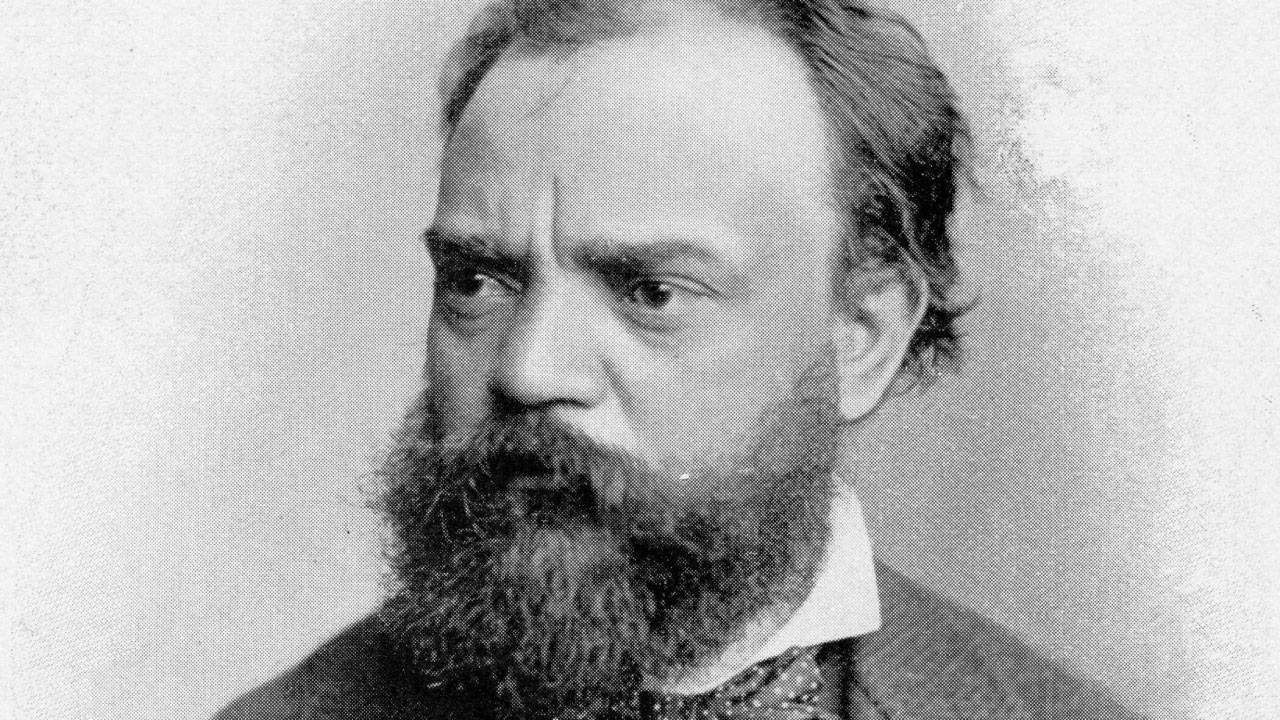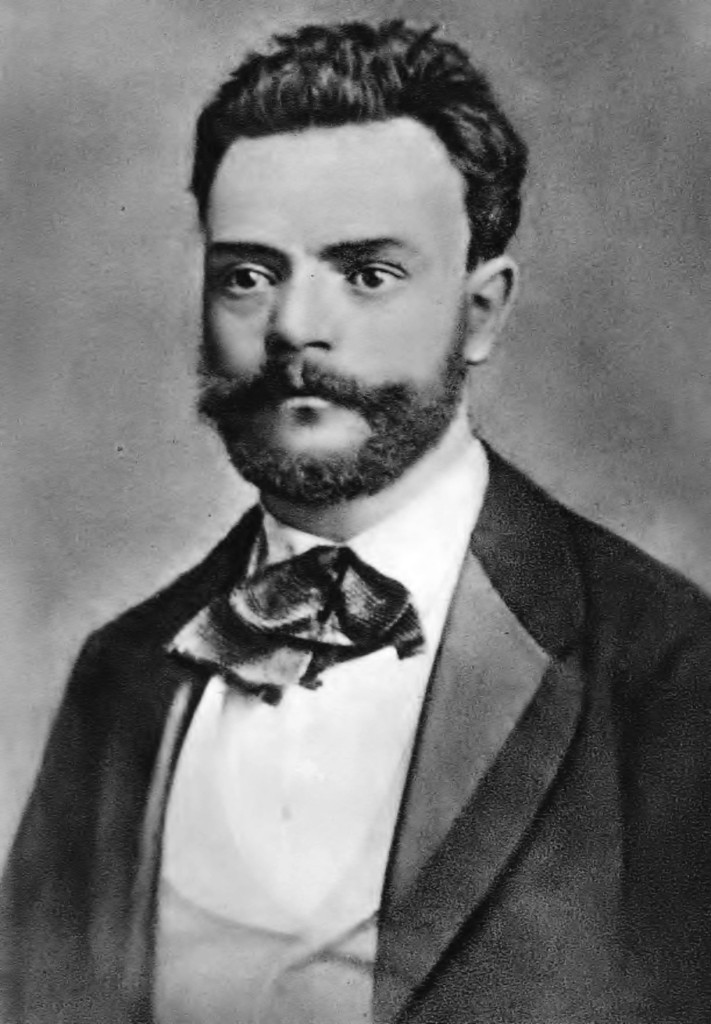Antonín Dvořák was one of the most influential composers of the late 19th and early 20th centuries. His music is celebrated for its melodic richness, rhythmic vitality and harmonic inventiveness. He was also a prolific and versatile composer, who wrote in various genres and forms, from symphonies and operas to chamber music and songs. Here are seven curiosities about his life and work that you may not know.
- He was born in a small village near Prague, where his father was a butcher and innkeeper. He learned to play the violin, organ and piano from an early age, and showed a natural talent for music. He also had a keen interest in nature and folklore, which influenced his later compositions.
- He worked as an organist and violist in Prague for many years, before gaining recognition as a composer. He was a member of the orchestra of the National Theatre, where he played under the baton of Bedřich Smetana, the founder of Czech national music. He also taught at the Prague Conservatory, where he had many famous students, such as Josef Suk and Leoš Janáček.
- He was inspired by the music of Ludwig van Beethoven, Franz Schubert, Robert Schumann and Richard Wagner, but also by the folk music of his native Bohemia and Moravia. He incorporated elements of folk melodies, rhythms and modes into his own musical language, creating a distinctive style that blended classical and national traditions.
- He traveled extensively throughout Europe and America, where he encountered different musical cultures and influences. He visited England nine times, where he was warmly received by the public and the critics. He also spent three years in New York, where he was the director of the National Conservatory of Music. There he composed some of his most famous works, such as the Symphony No. 9 “From the New World” and the Cello Concerto in B minor.
- He was a devout Catholic and a devoted family man. He married his wife Anna in 1873, and they had nine children, six of whom survived to adulthood. He often dedicated his works to his family members, such as the Piano Quintet in A major to his daughter Otilie, or the String Quartet No. 12 “American” to his son Antonín Jr.
- He was a friend and mentor of Johannes Brahms, who admired his music and helped him to achieve international fame. Brahms recommended Dvořák’s works to his publisher Simrock, who offered him a lucrative contract. Brahms also wrote a glowing review of Dvořák’s Slavonic Dances, which became a sensation across Europe.
- He died in 1904 at the age of 62, after suffering from a series of illnesses. He was buried in the Vyšehrad cemetery in Prague, alongside other Czech cultural icons such as Smetana, Karel Čapek and Alfons Mucha. His legacy lives on in his music, which is widely performed and recorded by musicians around the world.


Comments are closed